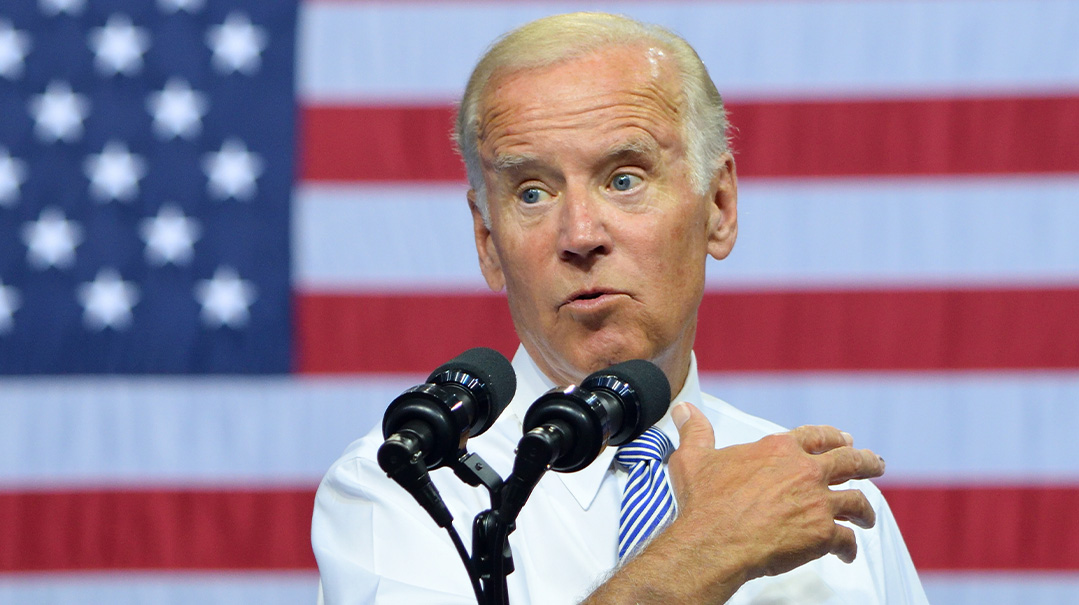Banking on 2024

Instead of thinking of it as Biden’s fiscal plan for 2023, we should think of it as Biden’s list of 2024 priorities

IN Washington, a consensus is emerging that Biden is on the verge of officially announcing his run for a second term. And it’s in this context that we have to look at Biden’s budget request last week. In a sense, this is his campaign platform. It’s clear to everyone that the budget won’t actually pass — not as it stands, with Republicans in control of the House.
And so, instead of thinking of it as Biden’s fiscal plan for 2023, we should think of it as Biden’s list of 2024 priorities. The key clause in this regard is, of course, the tax hikes on the wealthy, especially multimillionaires and billionaires, aiming to ensure they pay a minimum 20 percent of their income in federal taxes every year.
“No billionaire should pay less taxes than a schoolteacher,” as Biden said.
That’s one clause the Democratic base — especially progressives — will love, while Republicans will be less enthused. In this way, Biden hopes to raise over a trillion dollars over the next decade to reduce America’s national debt, which has already grown to an astronomical $31.6 trillion. As noted, these measures won’t make it through the Republican-controlled house, but it will allow Biden to run on a message of “finish the job” — i.e., give me the power and here’s what I’ll do.
A key part of his plan relates to repealing the Trump tax breaks on corporations and those earning $400,000 a year and above. Biden intends to raise taxes on both corporations and high-income earners.
Other clauses relate to expanding Medicaid, increasing tax credits for parents, as well as subsidizing day care and community colleges for low earners. The defense budget will also be increased by three percent, rising to $835 billion.
But this is first and foremost political tug of war, and Democrats are trying to pressure Republicans to present their own alternative, assuming it will call for fiscal restraint. Democrats can’t wait to see what the Republican list of priorities will look like. It’s safe to assume that if and when a counter-proposal is made, we’ll see it being debated loudly and publicly.
This argument isn’t happening in a vacuum. The United States federal government could default on its loans by July or earlier, so Democrats and Republicans will have to reach a compromise to raise the debt ceiling.
No one seriously believes that Biden’s budget will become law, and it’s safe to assume that the budget that ultimately passes will be profoundly different and include compromises both sides find distasteful — and will be happy to campaign on in 2024.
(Originally featured in Mishpacha, Issue 953)
Oops! We could not locate your form.







